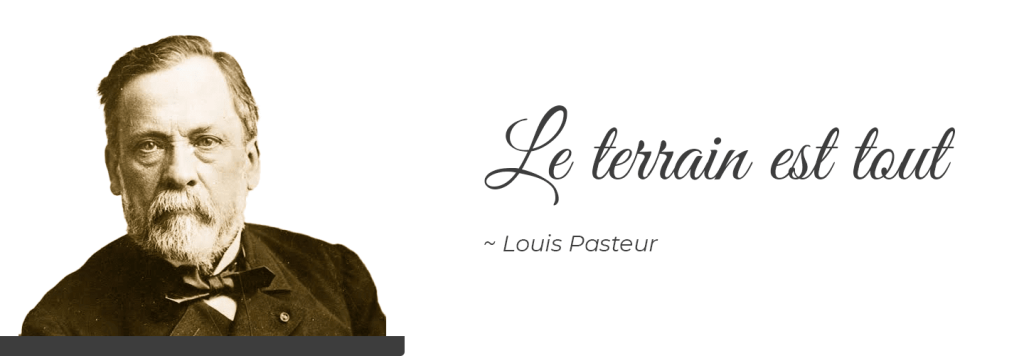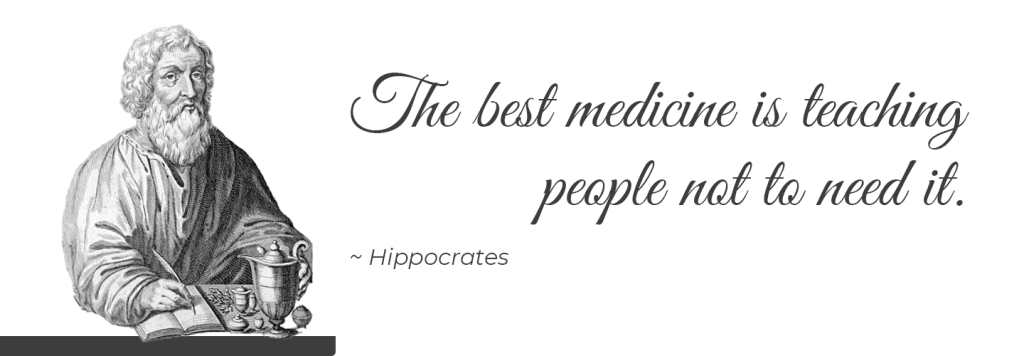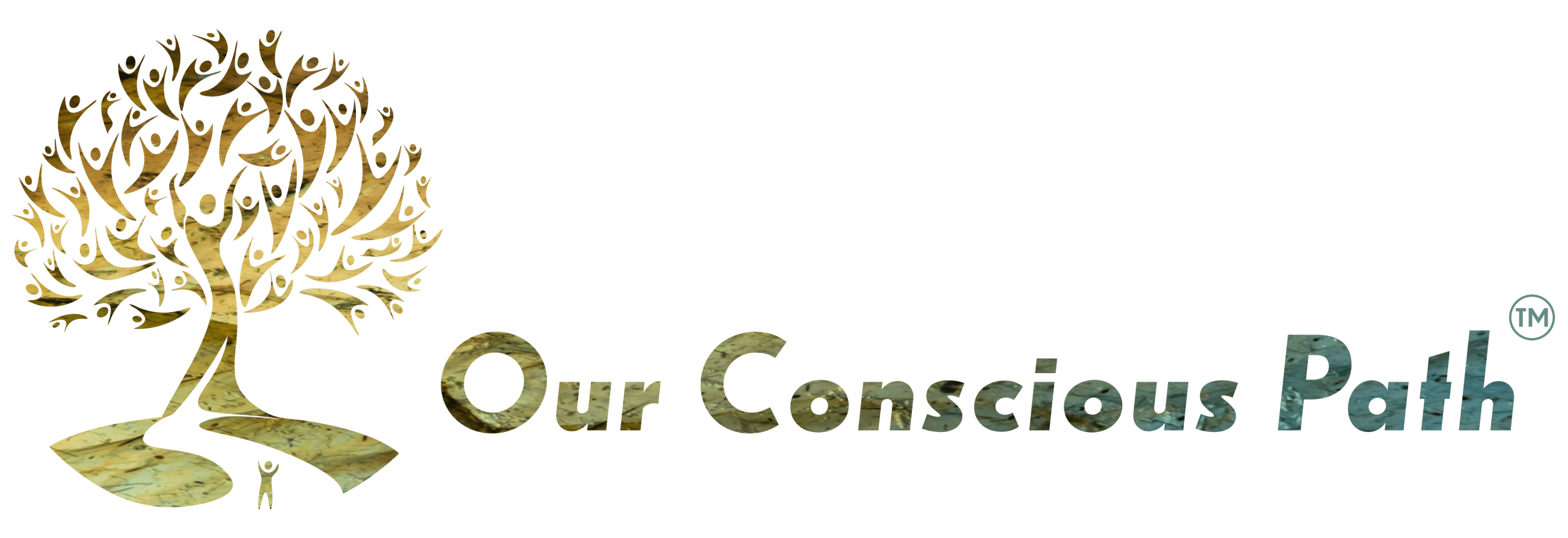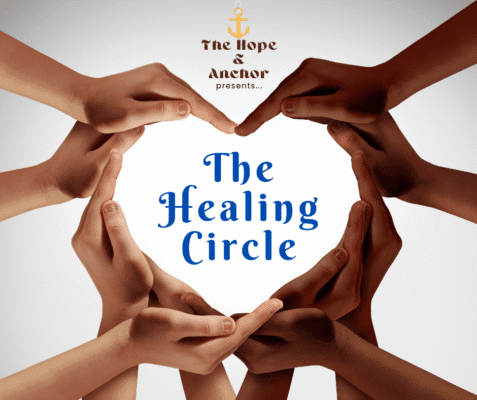From Crisis to Consciousness: Reclaiming the Soul of Healing

For centuries, medicine was guided by a holistic understanding of the human body, mind spirit; a recognition that health is not merely the absence of disease, but a state of dynamic balance. Traditional healing systems across cultures acknowledged this interconnectedness, focusing on the terrain of the body rather than simply eradicating disease symptoms.
But something changed. Western medicine, which initially sought to heal, became increasingly reductionist, mechanical pharmaceutically-driven. It evolved into a system that views the body as a machine, the mind as secondary the soul as irrelevant. Today, that system is in crisis the symptoms of its impending collapse are all around us.
So how did we get here? To understand why Western medicine is collapsing we need to understand the key stages in the development of the allopathic system we see today.
The History of Medicine
Ancient medicine: Holistic beginnings from 3000 BCE. Ancient Egyptian, Mesopotamian Ayurvedic traditions laid the groundwork for medical practice, often blending spiritual and physical healing. The Greeks notably Hippocrates formalised medicine as a profession, emphasising humoral theory; the balance of bodily fluids (blood, phlegm, black bile yellow bile) as essential for health. Medicine was holistic and bedside-focused, stressing observation, the patient’s history the body’s natural healing abilities.
Roman and medieval periods
Integrating philosophy and healing from 1st century. Galen further developed Hippocratic medicine but introduced a more anatomical and mechanistic approach. After the fall of Rome, Islamic medicine preserved and expanded the Greek teachings, introducing systematic pharmacology. In Medieval Europe, medicine was controlled largely by monastic institutions often incorporating religious healing methods.
The renaissance and scientific revolution
Rise of empiricism from 15th century. The dissection of cadavers transformed anatomical knowledge. Paracelsus challenged humoral theory, advocating chemical remedies over balancing bodily fluids. The scientific method promoted by Francis Bacon and Galileo relied upon empirical observation and reductionism, setting the stage for experimental medicine.
Separation of physicians and surgeons, germ theory pathology from 18th century.
Surgeons, who were previously seen as manual labourers gained prestige and were integrated into medical institutions. The Germ theory of Louis Pasteur and Robert Koch replaced miasma theory, emphasising microbes as the cause of disease. Rudolf Virchow introduced cellular pathology, shifting the focus from systemic imbalances to disease at a microscopic level. The development of anaesthesia and antiseptic techniques allowed for safer surgeries, increasing the role of interventionist medicine.
Standardisation and the Flexner Report from 20th century
Following the publication of the Flexner Report in 1910 the American Medical Association systematically eliminated medical schools that taught holistic, herbal alternative modalities. It standardised medical education based on biomedical science, pharmaceuticals and hospital-based training. This solidified the dominance of allopathic medicine, aligning medical schools with pharmaceutical and industrial interests.
Expansion of biomedical technology from 1940s
Antibiotics revolutionised infection control. Advancements in imaging (X-rays, CT and MRIs scans) enabled precise diagnoses, reinforcing reductionist perspectives. Medicine became increasingly specialised, shifting from general practitioners to specialists and sub-specialists in cardiology, oncology, neurology, etc. The pharmaceutical industry expanded, leading to concerns about corporate influence on healthcare. Genetics and molecular biology further pushed medicine toward reductionism, focusing on disease at the DNA and cellular levels.
The Current Crisis of Western Medicine
While mainstream medicine claims to be at the height of its power—with advanced pharmaceuticals, high-tech surgeries AI-driven diagnostics—its failures are becoming impossible to ignore.
Chronic disease has reached epidemic levels. Autoimmune diseases, cancer, diabetes, obesity heart disease are at all-time highs. Instead of addressing root causes, the medical system prescribes lifelong medication, turning patients into customers. The “war on cancer” has spent trillions, yet cancer rates continue to climb. Previously rare conditions such as childhood obesity, type 2 diabetes in young people and hormonal disorders are now commonplace.
Latrogenic deaths are rapidly increasing. Medical error is now a leading cause of death in developed countries; whether from misdiagnosis, overprescription, or surgical mistakes. Polypharmacy (multiple drug prescriptions) has led to a crisis where many elderly patients suffer from drug-induced illnesses rather than natural aging. Over reliance on antibiotics and vaccines has created autoimmune dysfunction, weakening natural immunity.
The erosion of trust in the healthcare system. Doctors are burned out, with many leaving the profession due to ethical concerns, forced to push protocols that do not serve patients.
Censorship and control over medical discourse is the norm, with holistic practitioners and functional medicine doctors deplatformed, discredited, or even jailed for promoting non-pharmaceutical healing. The opioid crisis, driven by Big Pharma’s greed, was knowingly orchestrated, leaving a trail of addiction and death.
Government and corporate collusion is increasing. Governments and regulatory agencies are deeply intertwined with the pharmaceutical industry, ensuring that alternative treatments are suppressed. Laws restricting natural medicine, nutritional therapy even vitamins are being implemented in many countries. The corporatisation of medicine has turned healthcare into a profit-driven industry, rather than a system designed to heal. As these failures mount, the medical establishment doubles down rather than reforms. But history tells us that no system built on corruption and control can last forever.
While mainstream medicine claims to be at the height of its power—with advanced pharmaceuticals, high-tech surgeries and AI-driven diagnostics—its failures are becoming impossible to ignore.
The Inevitability of Collapse: Lessons from History
Étienne de La Boétie, in The Politics of Obedience, observed that tyrannical systems do not collapse because of external attacks, but because the people upholding them withdraw their consent. The same is happening in medicine. Doctors are leaving. Patients are seeking alternatives. The illusion of Western medicine’s supremacy is crumbling. This is not a slow, linear process. As La Boétie predicted, when enough people walk away, collapse happens rapidly. The question is: what will replace it?

From Crisis to Consciousness: The Future of Healing
The end of Western medicine as we know it is not a tragedy, it is an opportunity. This is the beginning of something far greater; a new paradigm of healing that integrates the best of ancient wisdom, modern breakthroughs the power of human consciousness. So what does this new (or should I say old?) paradigm look like?
The terrain, not the Germ. Western medicine has long been obsessed with germ theory; the belief that external pathogens are the root of disease. Yet even Louis Pasteur, the father of germ theory, admitted on his deathbed: “Le terrain est tout” (“The terrain is everything”). A strong, balanced internal terrain (immune system, microbiome, cellular health) prevents disease naturally.
Holistic medicine focuses on strengthening the body’s self-healing mechanisms rather than just attacking symptoms. Detoxification, fasting regenerative nutrition will replace pharmaceutical dependency.
The reconnection of mind, body and soul. Modern medicine treats the body as a machine, the mind as a secondary factor, the soul as non-existent. The new model embraces consciousness as central to healing. Psychoneuroimmunology (the science of mind-body healing) proves that thoughts, emotions beliefs directly impact immune function and cellular health.
Energy medicine, meditation frequency-based healing are already showing remarkable results in trauma recovery and chronic disease reversal. The placebo effect, often dismissed in clinical trials, is actually proof of the body’s ability to heal through belief and intention.
The decentralisation of healthcare. The current medical model is heavily centralised, profit-driven and monopolised. The future of healing will be grassroots, community-based, self-empowered. Biohacking, AI-driven self-diagnostics home-based regenerative therapies will make self-healing accessible to all.
Food, water and environment as medicine. True healing comes from nourishing the body with uncontaminated, nutrient-dense food. The endocrine-disrupting chemicals, heavy metals and toxic pesticides in our modern world will be purged from a conscious healing movement. Clean water, sun exposure, grounding nature-based living will be prioritised as foundational to wellness.
The rise of consciousness-based healing. Quantum physics is rewriting medicine, showing that energy fields, bioelectricity frequencies play a profound role in health. Scalar energy, PEMF therapy vibrational medicine will revolutionise how we approach healing. The medical profession will shift from being “fixers of broken bodies” to facilitators of human potential.
The Collapse Is Not the End; It’s a New Beginning
It is easy to see the downfall of Western medicine as a catastrophe, but what if it is exactly what we need? The Dark Ages had to end before the Renaissance could begin. The monopolisation of medicine must collapse before true healing can flourish. We are not just witnessing the breakdown of an outdated system. We are witnessing the birth of a new era; one that honours the full spectrum of what it means to be human.
The medical system will not fix itself. But we don’t need it to.
The power to heal has always been within us; are you ready to reclaim it?





Thank you for this article Graham!! I love the bird’s eye view it gives of the history of medicine and makes it easier for me to understand why things are as they are today!
Excellent article, Graham – so comprehensive and easy to follow, and inspiring. My favourite line: ‘But history tells us that no system built on corruption and control can last forever’ – indeed, and we are all playing our part in creating the new :0)